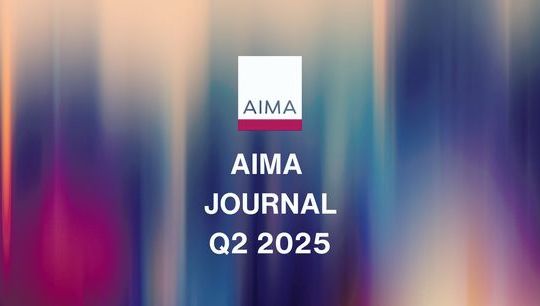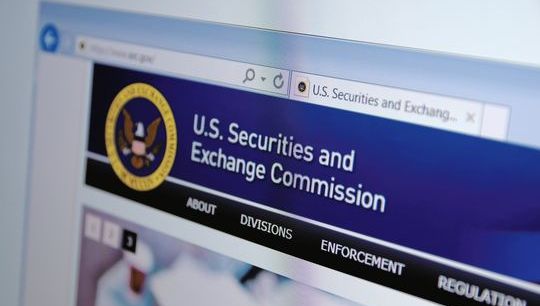Breakdown of the US SEC Private Fund Adviser Rule proposal
Published: 18 August 2023
The US SEC published its initial proposal for amendments and additional rules for the Private Fund Adviser Rule in February 2022. A breakdown of the key changes to the rules set out in the proposal is outlined below.
Following a year of dialogue with industry representatives, including AIMA, the final proposal is due to be published on 23 August 2023.
- What are the current Private Fund Adviser rules?
- What is being proposed by the US SEC?
- What are the possible consequences for investors?
|
Covered under |
Current rule |
Proposed change |
Consequence |
|
Prohibited Activities Rule |
Private fund agreements typically indemnify the adviser for negligence, which is a standard arrangement that, by reducing the adviser’s risk, encourages the adoption of the more complex investment strategies investors are looking for. |
The prohibition would upend these legacy arrangements between sophisticated parties who find them mutually beneficial. The rule would bar contractual provisions limiting liability, even for simple negligence, and bar adviser clawback reductions, among other items. |
Banning these common fund terms would upset investment advisers’ reliance interests and harm the very investors the rule is intended to protect by discouraging advisers from taking sound risks and increasing up-front costs. |
|
Prohibited Activities Rule |
Investors and private fund managers are free to negotiate what fee structure they find mutually agreeable. For example, there is an option to agree a fixed management fee, or a variable rate of fees charged to the fund which can be monitored by the investor on a more granular level. |
A ban on the ability to negotiate fee arrangements that include any fully transparent fee pass throughs. |
Investors will be limited in the types of fee structure they can request from private fund managers, to neither party’s benefit. |
|
Prohibited Activities Rule |
Private fund agreements allow advisers to charge fees or share expenses, which properly incentivise the advisor to invest in compliance. |
The prohibition would bar the charging of fees or expenses associated with examinations, investigations, or compliance matters, even if disclosed and agreed by investors. |
This prohibition discourages investment in compliance at a time when this and other rulemakings substantially increase the need for compliance personnel and technology. Moreover, certain compliance costs arising because of where and how a fund’s assets are invested could be transformed into adviser expenses discouraging advisers from pursuing some investment strategies. |
|
Preferential Treatment Rule /
Side Letter Rights Rule
|
Investors and private fund managers can negotiate an allocation of capital under any mutually agreeable terms including bespoke transparency, redemption rights and fees. |
Removal of the freedom of contract negotiation, including the use of side letters containing preferential transparency and/or redemption rights, even for seed investors, if the adviser reasonably expects they would have a material, negative effect on other investors. |
Advisers and investors would lose the ability to agree bespoke reporting arrangements required by certain investors, such as public pension funds. New funds would no longer be able to offer preferential redemption rights, meaning this rule would hamper fund launches as seed investors could not have a preferential right to redeem at the end of a seeding period. This prohibition may also encourage some types of large investors to move from co-mingled funds to SMAs. |
|
Grandfathering
|
Private fund managers and investors can continue with their existing contractual arrangements indefinitely and unrestricted |
The SEC’s newly adopted rules do not allow for the “grandfathering” of existing private funds arrangements. The final rules may disallow enforcement of certain terms of thousands of agreements, including confidentiality arrangements, without actually voiding the agreements. |
Agreements that contain disallowed terms and are not voided by operation of law or grandfathered will need to be renegotiated, necessitating a significant and unjustified workload, with related costs for private fund managers and investors. |









